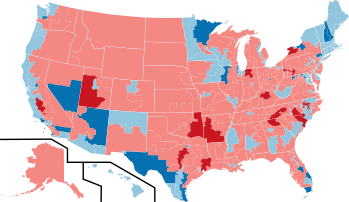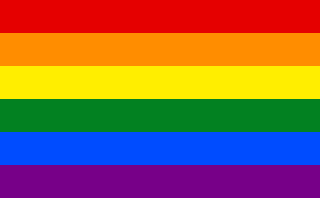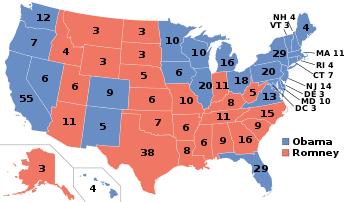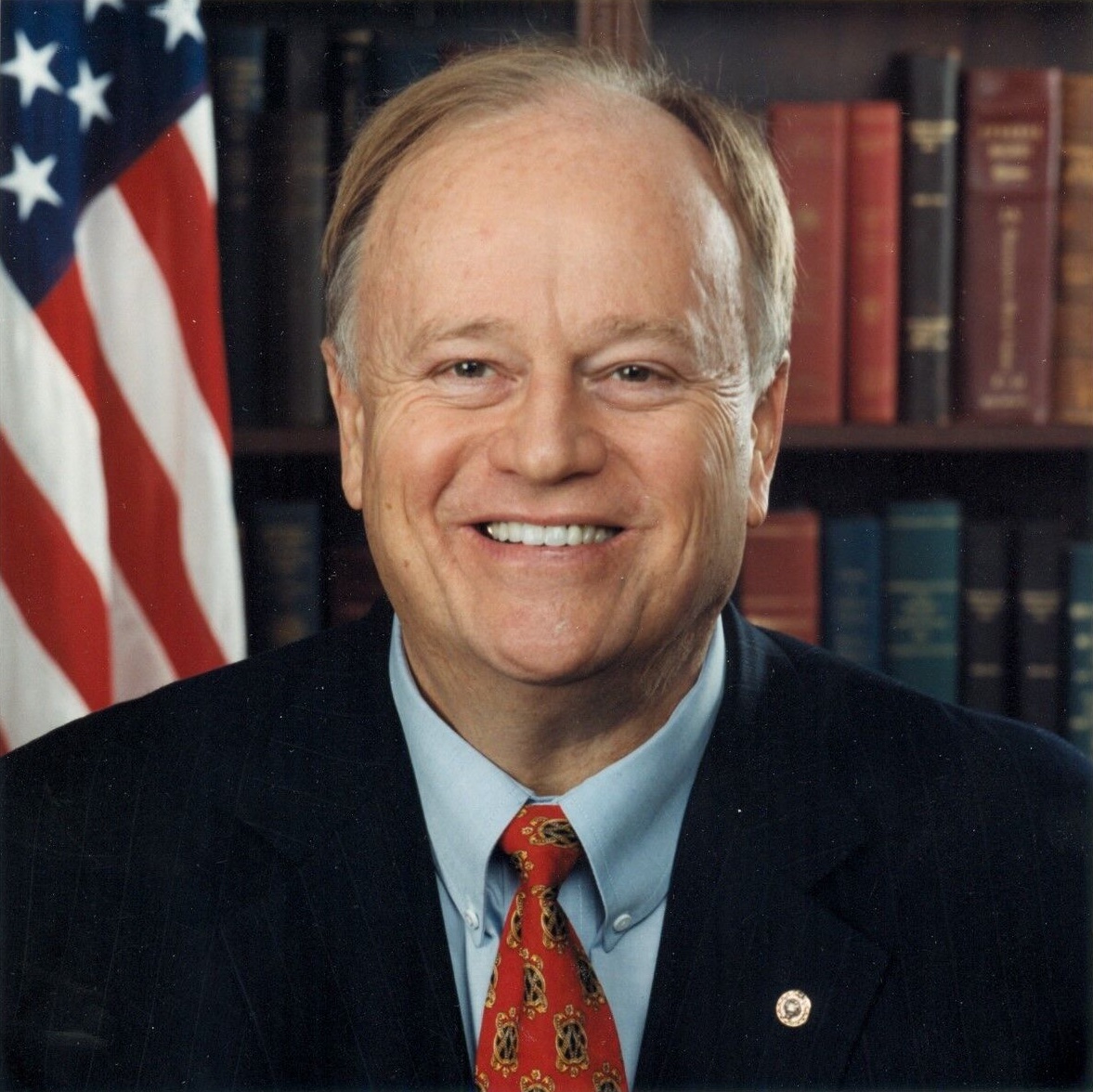This article needs additional citations for verification .(November 2012) (Learn how and when to remove this template message) |
| Presidential election year | |
| Election day | November 6 |
|---|---|
| Presidential election | |
| Electoral vote | |
| Barack Obama (D) | 332 |
| Mitt Romney (R) | 206 |
| Presidential election results map. Blue denotes states/districts won by Democrat Barack Obama, and Red denotes those won by Republican Mitt Romney. Numbers indicate electoral votes allotted to the winner of each state. | |
| Senate elections | |
| Seats contested | 33 seats of Class I |
| Net change | Democrats +2 (Democrats retain control) |
 | |
| 2012 Senate election results map | |
| House elections | |
| Seats contested | All 435 seats |
| Net change | Democrats +8 (Republicans retain control) |
 | |
| 2012 House election results map | |
| Gubernatorial elections | |
| Seats contested | 14 (12 states, 2 territories) (including a recall election in Wisconsin) |
| Net change | Republican +1 |
 | |
| 2012 Gubernatorial election results map | |
| Legend | |
Democratic hold Democratic pickup Republican pickup Recall Against Republican (Republican Hold) Republican hold Independent hold Independent pickup | |
| President | Democratic | Democratic |
| House | Republican | Republican |
| Senate | Democratic | Democratic |
The 2012 United States elections included many federal elections on Election Day, November 6, 2012, most prominently the 57th presidential election, Senate elections (where 33 seats were decided), and House of Representatives elections (to elect all 435 members of the House for the 113th United States Congress). It also featured 13 state and territorial governors' races; state and territorial legislature races, special elections, and various other state, territorial, and local races and referenda on votes held in November as well as throughout the year.

In the United States, Election Day is the day set by law for the general elections of federal public officials. It is statutorily set as "the Tuesday next after the first Monday in the month of November" or "the first Tuesday after November 1". The earliest possible date is November 2, and the latest possible date is November 8.
Contents
- Issues
- Unresolved issues from 2008 and 2010
- Wisconsin collective bargaining dispute
- Rape and pregnancy controversies and the "War on Women"
- September Benghazi attack
- Federal elections
- Presidential election
- Congressional elections
- State/territorial elections
- Gubernatorial elections
- Other state-wide officer elections
- State/territorial legislative elections
- Puerto Rican status referendum
- State/territory initiatives and referenda
- Local elections
- References
- Further reading
- External links
Little overall change occurred on the Federal level. Incumbent President Barack Obama was elected to a second term, with the national popular vote percentage being 51.1% to 47.2%, and the Electoral College vote being 332 to 206, for Obama and challenger Mitt Romney, respectively. The Democratic Party held control of the Senate and the Republican Party maintained a majority in the House of Representatives. Republicans also held on to a majority of governorships. [1]

Barack Hussein Obama II is an American attorney and politician who served as the 44th president of the United States from 2009 to 2017. A member of the Democratic Party, he was the first African American to be elected to the presidency. He previously served as a U.S. senator from Illinois from 2005 to 2008.

Willard Mitt Romney is an American politician and businessman serving as the junior United States senator from Utah since January 2019. He previously served as the 70th Governor of Massachusetts from 2003 to 2007 and was the Republican Party's nominee for President of the United States in the 2012 election.

The Democratic Party is one of the two major contemporary political parties in the United States, along with the Republican Party. Tracing its heritage back to Thomas Jefferson and James Madison's Democratic-Republican Party, the modern-day Democratic Party was founded around 1828 by supporters of Andrew Jackson, making it the world's oldest active political party.
The election resulted in New Hampshire being the first state with an entirely female congressional delegation and with Wisconsin electing the first openly LGBT member of the Senate. Three state referenda passed legalizing same-sex marriage, while Minnesota became the first state in history to reject a proposed state-level constitutional ban of same sex marriage. Two states approved and one rejected the legalization of recreational marijuana, and one more state voted to approve allowing marijuana for medical use. A referendum was also held in Puerto Rico regarding the future political status of the U.S. unincorporated territory, with voters agreeing towards acquiring statehood. [2]

New Hampshire is a state in the New England region of the northeastern United States. It is bordered by Massachusetts to the south, Vermont to the west, Maine and the Atlantic Ocean to the east, and the Canadian province of Quebec to the north. New Hampshire is the 5th smallest by area and the 10th least populous of the 50 states. Concord is the state capital, while Manchester is the largest city in the state. It has no general sales tax, nor is personal income taxed at either the state or local level. The New Hampshire primary is the first primary in the U.S. presidential election cycle. Its license plates carry the state motto, "Live Free or Die". The state's nickname, "The Granite State", refers to its extensive granite formations and quarries.

Wisconsin is a U.S. state located in the north-central United States, in the Midwest and Great Lakes regions. It is bordered by Minnesota to the west, Iowa to the southwest, Illinois to the south, Lake Michigan to the east, Michigan to the northeast, and Lake Superior to the north. Wisconsin is the 23rd largest state by total area and the 20th most populous. The state capital is Madison, and its largest city is Milwaukee, which is located on the western shore of Lake Michigan. The state is divided into 72 counties.

LGBT, or GLBT, is an initialism that stands for lesbian, gay, bisexual, and transgender. In use since the 1990s, the term is an adaptation of the initialism LGB, which was used to replace the term gay in reference to the LGBT community beginning in the mid-to-late 1980s. Activists believed that the term gay community did not accurately represent all those to whom it referred.
The 2012 election cycle was the first to be impacted by the Supreme Court's Citizens United decision, which prohibited the government from restricting independent political expenditures by corporations and unions. [3] The projected cost of the 2012 federal election races is estimated to be over 5.8 billion dollars, [4] with approximately $1 billion of that coming from "outside" groups (groups not directly controlled by the candidate's campaign or officially controlled by the party). [5] During the elections there was much spending by the lobbies, particularly the fossil fuels lobby. [6] This election season became the most expensive in American history. [7]

"Fossil fuels lobby" is the umbrella term used to name the paid representatives of large fossil fuel and electric utilities corporations who attempt to influence governmental policy. So-called Big Oil companies such as ExxonMobil, Royal Dutch Shell, BP, Total S.A., Chevron Corporation, and ConocoPhillips are amongst the largest corporations associated with the fossil fuels lobby. General Electric, Southern Company, First Energy, and the Edison Electric Institute are also among the most influential electric utilities corporations. However, electric companies and big oil and gas companies are consistently not among the ten highest-spending lobbyists – the United States Chamber of Commerce is currently #1. By sector, "Energy/Nat Resource" comes fifth, behind "Misc Business", "Finance/Insur/RealEst", Health and "Communic/Electronics".




















